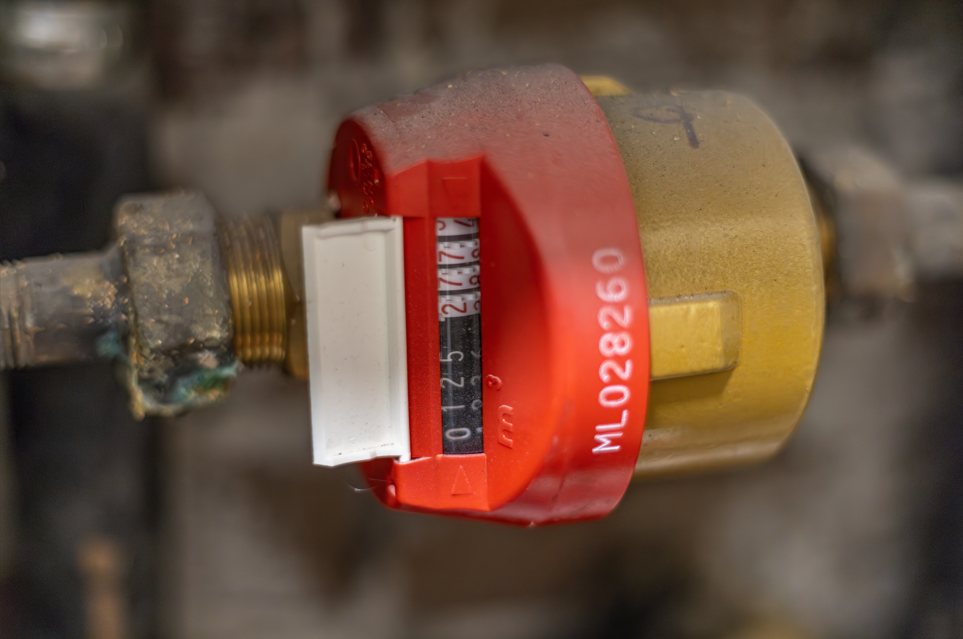
When are they classified as abandoned goods?
Goods are classified as being abandoned goods if a tenant has not collected, taken delivery, or not given directions as to the delivery of goods. Goods may also be abandoned if a landlord cannot locate or communicate with the tenant for the purpose of organising collection or delivery.
Goods, however, are not abandoned if a landlord has refused to make delivery or prevented the tenant from taking delivery. Take note that a landlord has no legal right to block the tenant’s access to their goods, even if the tenant has failed to pay rent.
Who bears the cost of storage/delivery?
A landlord is generally entitled to payment from the tenant of a ‘relevant charge’ before delivering or providing access to the abandoned goods. This charge can be on account of the cost of delivery, storage and/or insurance. In all circumstances, the relevant charge must be reasonable. More information on a ‘relevant charge’ can be found at Consumer Affairs Victoria.
Can I sell the abandoned goods?
A landlord must follow certain steps provided by the legislation in order to dispose of abandoned goods lawfully.
1. Provide written notice
Generally, a landlord should give written notice to the tenant of his/her intention to dispose of the uncollected goods. If 28 days have elapsed since the giving of the notice and the tenant has not taken delivery or given directions as to delivery, the landlord may dispose of the abandoned goods.
This notice must specify the landlord’s name, the description of the goods, the address at which the goods may be collected, the cost of the relevant charge and the date on which the goods must be collected. The notice can be given to the tenant personally or mailed to their last known address.
Mailing the notice to the tenant’s last known address can be an issue when the tenant is not physically there. It can then be uncertain as to whether the notice has been adequately given to the tenant. If it is not adequately given, the landlord may not be entitled to dispose of the goods after 28 days. Landlords should seek legal advice before they proceed.
2. Dispose of the abandoned goods
Alternatively, if the landlord makes reasonable attempts and is unable to locate or communicate with the tenant for the purpose of providing notice, the landlord can still dispose of the abandoned goods by waiting for a longer period to expire.
The period required to elapse (counted from when the goods became uncollected) is dependent on the monetary value of the goods:
- 60 days for low value goods
These are goods valued at less than $200.00, or in case of a motor vehicle valued less than $1,000.00.
- 90 days for medium value goods
These are goods valued between $200.00 to $5,000.00.
- 180 days for high value goods
These are goods valued at more than $5,000.00, or in case of a motor vehicle valued at more than $1,000.00.
Once either of the above conditions is met, the landlord can either:
- dispose of the goods (only if they are low value goods) or
- sell them by private sale or public auction.
The landlord must reasonably ensure that the goods are sold for the best price. If the goods are of high value (especially if it is a motor vehicle), the landlord must check the Personal Property Securities Register in case there is a creditor with a registered interest.
The landlord must also keep a written record of the disposal of goods, including:
- a description of the goods
- the notice document
- the date and manner of disposal
- the name and address of the purchaser if by private sale (or the name and address of the auctioneer if by public auction) and
- the price for which the goods were sold.
These written records must be kept for 6 years or the landlord could be fined.
3. Apply to VCAT to dispose of the goods
A landlord can also apply for orders at VCAT to dispose of the goods.
Your application must include:
- the reasons for the application
- the name of the person who left the goods with you
- a description of the goods
- an address where they may be collected and
- the relevant charge, including an estimate of further charges that may be chargeable to the tenant.
Additional information is required in applications where the uncollected goods include a motor vehicle.
Can I keep the proceeds of sale?
From the proceeds of sale, the landlord may retain the relevant charge(s) incurred but the landlord is not otherwise entitled to the proceeds for unpaid rent or other claims against the tenant. The remaining proceeds must be deposited with the State Revenue Office as unclaimed money.
Please note that different rules apply to residential landlords and tenants.
What to do now?
If you have any queries regarding disposal of abandoned goods or in relation to residential, retail or commercial leases generally, please feel free to contact our Andre Ong (Accredited Specialist in Property Law) on (03) 8561 3317.
The information contained in this article is intended to be of a general nature only and should not be relied upon as legal advice. Any legal matters should be discussed specifically with one of our lawyers.
Liability limited by a scheme approved under Professional Standards Legislation.
Andre is a Principal of Sharrock Pitman Legal.
He heads our Property Law Group and is an Accredited Specialist in Property Law (accredited by the Law Institute of Victoria). He also deals with Commercial Law. For further information, contact Andre Ong on his direct line (03) 8561 3317.





_th-1339574840.jpg)

